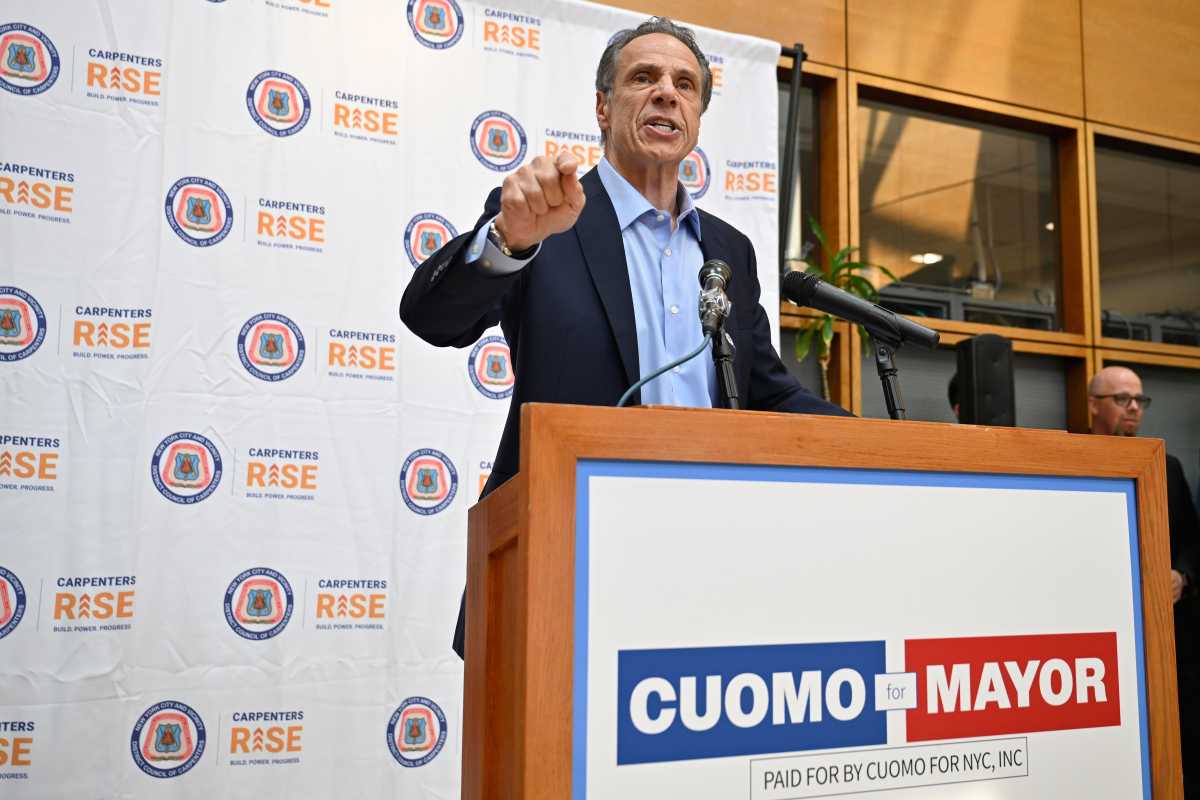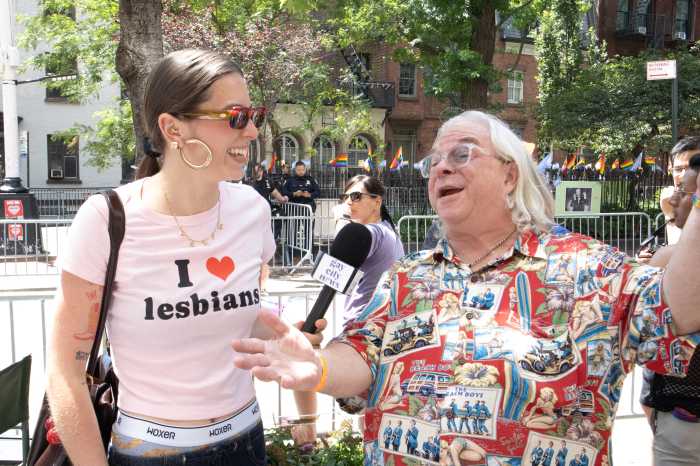By William Lewis
The United States is considered to have a two−party political system, but the growth of third parties nationally and locally has been a traditional part of our political landscape.
At the national level in the 1830s, the Whig Party began as a third party and replaced the Federalist Party as one of the country’s two major parties. During the 1840s, the Whigs were able to elect two presidents. The Whig Party was replaced by another emerging third party called the Republican Party, which ran its first presidential candidate in 1856 and won the presidential race of 1860 with Abraham Lincoln as its candidate.
From that time to the present, we have mostly maintained a Republican and Democratic two−party system.
Here in the city, we have had a multitude of political parties competing with the two major parties for elective votes. As voting trends have developed during the last 50 years, outside of Staten Island the Democratic Party has won most of the elective offices in the state Assembly, state Senate, City Council and Congress.
But third party endorsements can and do make a difference in the outcome of fall general elections. In Queens, up to this year both state Sen. Frank Padavan (R−Bellerose) and former state Sen. Serf Maltese, in addition to being the Republican candidates, were also listed on the ballot as the Independence Party and Conservative Party candidates.
The support of these third parties gave them enough votes to hold their elective offices, although this year it was not enough for Maltese, who lost his seat after 20 years in office.
This coming fall, recently elected Councilman Eric Ulrich (R−Howard Beach) is expected to have the Independence and Conservative lines in the 32nd Council District. This will give him a strong competitive advantage over his Democratic opponent.
Although third parties occasionally run their own candidates for office, it would be difficult for them to remain in business if they could not endorse major party candidates. In the Democratic Party, third party endorsement also plays an important role. A significant number of Democrats have the Working Families Party endorsement and at times some achieve the Independence Party’s or Conservative Party’s support.
In 1996, when the Independence Party appeared on the ballot in northeast Queens for the first time, its endorsement for the Assembly in the 26th District went to Ann Margaret Carrozza (D−Bayside). It provided the deciding margin in her winning the election that year over Republican Doug Prescott, who had served for 12 years in the Assembly. In closely contested elections, third party support can and does make a difference in the outcome.
According to state election law, third parties have to achieve at least 50,000 votes for the governorship every four years in order to remain on the ballot. A political party is removed from the ballot beginning with the next election when it does not obtain 50,000 votes, as occurred with the Liberal and Right to Life parties.
At the national level, the most striking example of third party influence occurred in 1992, when Ross Perot achieved 19 percent of the presidential vote by running against former Presidents George H.W. Bush and Bill Clinton. It is believed Perot helped elect Clinton because if Perot had not been a candidate, most of that 19 percent would have gone to Bush, who would then have been re−elected to a second term.
Early last year, Mayor Michael Bloomberg seriously considered running for president as an independent, but soon gave up on the idea.
Pertaining to the mayor’s race, in addition to the five Republican county chairmen expressing their choice for a mayoral candidate, the GOP’s county executive committees also have a part in candidate selection. Equally important, in accordance with state election law, is that the city Republican Party’s five executive committees have to vote to give Bloomberg official authorization to run on the Republican line, since he is not a party member.
The question is, will the five executive committees meet separately or together when they vote on this important matter and what will be the results of that vote?



































